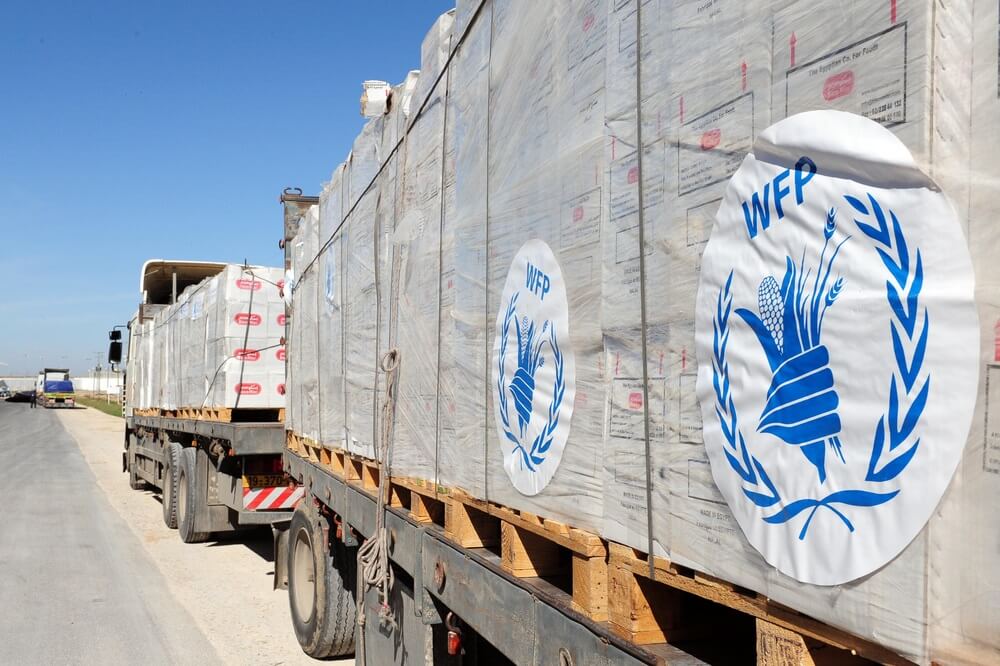Belgium is contributing €2 million to support innovative projects by the United Nation’s World Food Programme (WFP), including its blockchain solutions to fight hunger around the world.
In 2017, the WFP launched an ethereum-based payments pilot with the aim of helping displaced Syrian refugees. Through eye-scanning hardware created by London-based IrisGuard, 500,000 recipients already receiving traditional financial aid received cryptographically unique coupons across five refugee camps within the Jordanian region.
In an announcement from the WFP, the money from the European nation will enable the UN agency to ramp up efforts with its blockchain pilot as well as its unmanned aerial vehicle (UAV) project, which seeks to enhance the ability of WFP and partners to prepare for, and respond to, emergencies in multiple ways.
Belgium’s Deputy Prime Minister and Minister for Development Cooperation, Alexander De Croo, said of the donation that ‘innovation saves lives,’ adding that:
This year, more than 128 million people across the world will need humanitarian assistance and protection. This is triple the number of three years ago. Only by finding better ways to deliver aid more efficiently will we close the gap between requirements and aid delivery on the ground. Belgium lauds the efforts of WFP to come up with innovative solutions to save more lives and help more people in need.
According to the announcement, the WFP’s ‘Building Blocks’ project is ‘delivering more for less, offering donors better value for money.’
Speaking for WFP, Chief of Staff Rehan Asad also stressed that amid rampant conflict and natural disasters, innovation was vital. Asad added:
The challenge of reaching Zero Hunger by 2030 is immense. Humanitarians must relentlessly look for ways to harness the most promising digital technologies in the service of the world’s most vulnerable people.
The WFP currently works in over 80 countries feeding people that have been caught in conflict and disasters, as it lays the groundwork for a better future.
Image from Shutterstock.
